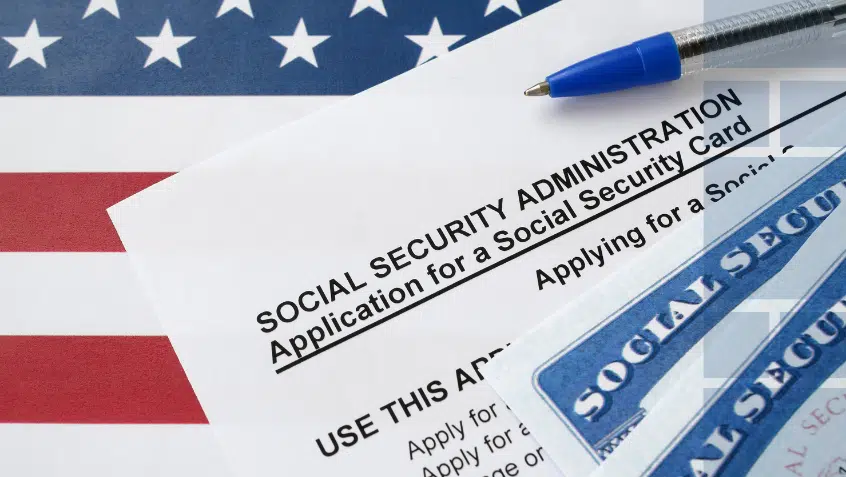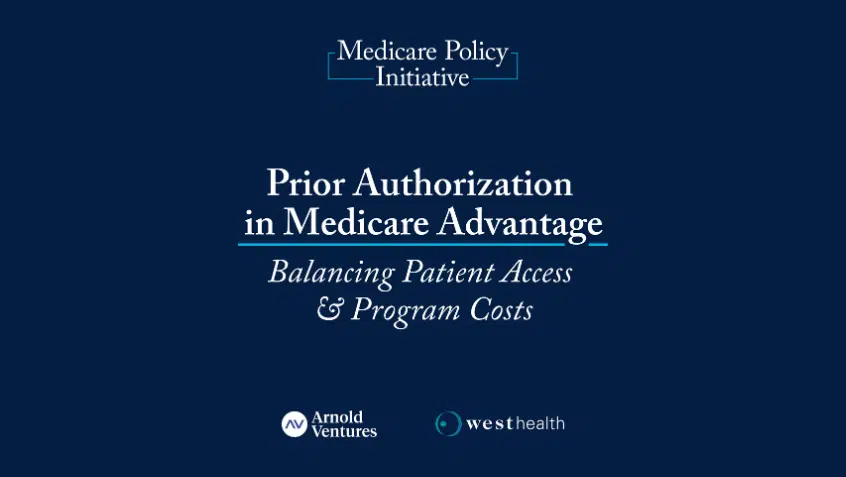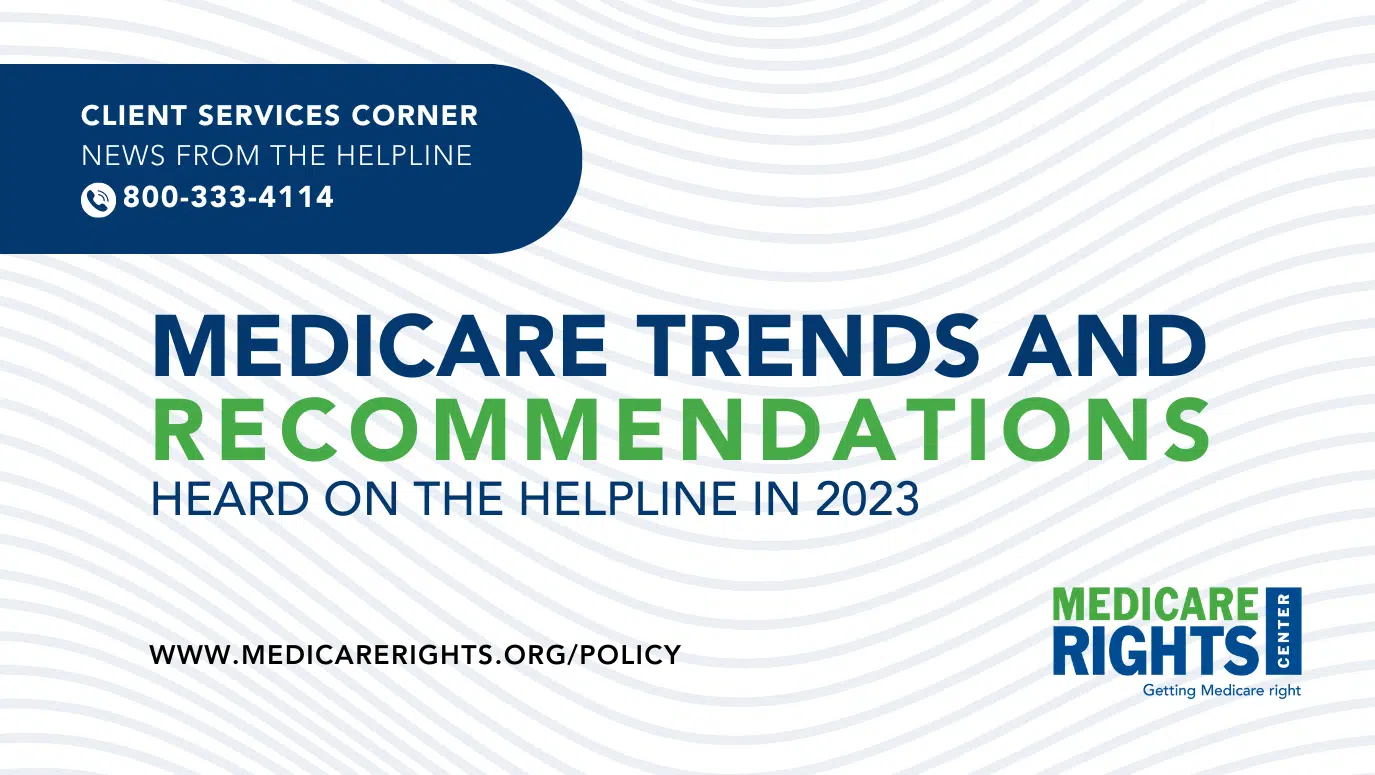
Proposed Cuts Could End a Vital Medicare Support Network
The Trump administration has moved to shutter or shrink many important federal programs that help people with Medicare maintain their
Join Us Live for a Discussion on Medicare, Democracy, and the Future of Health Care
Most people new to Medicare are automatically enrolled because they are receiving Social Security when they become eligible. But a growing number are not and must enroll on their own, taking into consideration specific timelines, intricate rules, and existing coverage. Mistakes are common and carry serious consequences, such as lifelong financial penalties, high out-of-pocket costs, disruptions in care, and gaps in coverage. Yet, few remedies are available to help beneficiaries correct honest missteps. The Medicare Rights Center supports reducing the likelihood of mistakes—including by simplifying the enrollment process and better empowering beneficiary decision-making—and improving relief opportunities for those who need them.

The Trump administration has moved to shutter or shrink many important federal programs that help people with Medicare maintain their

Through a series of widely reported moves, the Trump administration, through Elon Musk’s Department of Government Efficiency (DOGE), is hamstringing

Earlier this month, Medicare Rights Center President Fred Riccardi participated in a panel on prior authorization in Medicare Advantage (MA)

This week, Medicare Rights submitted comments in response to the annual Medicare Advantage (MA) and Part D proposed rule for

This week, the Medicare Rights Center released our annual helpline trends report, Medicare Trends and Recommendations: An Analysis of 2023 Call
New York, NY—The Medicare Rights Center (Medicare Rights) released its annual helpline trends report, Medicare Trends and Recommendations: An Analysis of
This report features the top helpline trends and highlights the most commonly sought helpline and Medicare Interactive answers, providing a glimpse into the various questions and needs of Medicare beneficiaries, caregivers, and the professionals assisting them in the community in 2023.

This week, the Centers for Medicare & Medicaid Services (CMS) announced that 23.6 million consumers have signed up for 2025

Open Enrollment Period Ending with Little Use of Decision Supports As this year’s Medicare Open Enrollment Period draws to a

Medicare payment rules prohibit coverage for a service if a beneficiary is not financially responsible for the care or if

The Trump administration has moved to shutter or shrink many important federal programs that help people with Medicare maintain their

Through a series of widely reported moves, the Trump administration, through Elon Musk’s Department of Government Efficiency (DOGE), is hamstringing

Earlier this month, Medicare Rights Center President Fred Riccardi participated in a panel on prior authorization in Medicare Advantage (MA)

This week, Medicare Rights submitted comments in response to the annual Medicare Advantage (MA) and Part D proposed rule for

This week, the Medicare Rights Center released our annual helpline trends report, Medicare Trends and Recommendations: An Analysis of 2023 Call
New York, NY—The Medicare Rights Center (Medicare Rights) released its annual helpline trends report, Medicare Trends and Recommendations: An Analysis of
This report features the top helpline trends and highlights the most commonly sought helpline and Medicare Interactive answers, providing a glimpse into the various questions and needs of Medicare beneficiaries, caregivers, and the professionals assisting them in the community in 2023.

This week, the Centers for Medicare & Medicaid Services (CMS) announced that 23.6 million consumers have signed up for 2025

Open Enrollment Period Ending with Little Use of Decision Supports As this year’s Medicare Open Enrollment Period draws to a

Medicare payment rules prohibit coverage for a service if a beneficiary is not financially responsible for the care or if